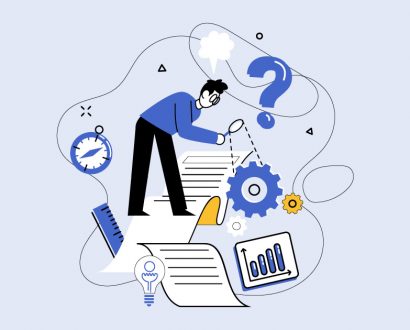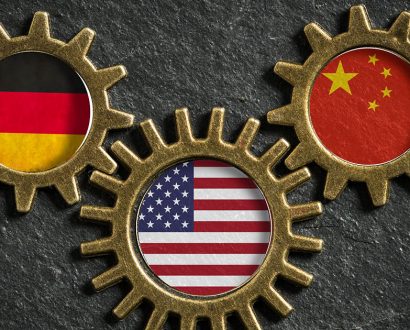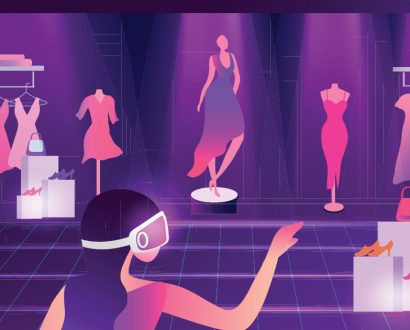Despite the deep social changes that have transformed people’s lives over the years, the workplace has remained essentially the same. Many people still work in traditional working environments with the same desks, computers and work habits that have always seemed to exist.
Well, not for much longer. In the upcoming years, the workplace will evolve drastically, even altering the meaning of the word ‘work’. The evolution of the workplace was explored at the recent Salone del Mobile exhibition in Milan, ‘Workplace 3.0’, at which international architects created an installation, ‘A Joyful Sense at Work’, dedicated to the cultural and anthropological transformations taking place in the workplace. This concept of Workplace 3.0 has re-interpreted offices as a fluid place in motion, to be appropriated and experienced through play and joy.
We are seeing a movement in which people – especially the younger generations – affirm their uniqueness. The standard workplace and its rules, which masked the uniqueness of individuals in order to adapt to an organisation’s needs, is moving to one that instead will adapt to the needs of individuals. In this movement, everyone wants to be included.
Here are some predictions and considerations for the workplace of the future.
Disconnection will become a basic need
The complexity within organisations has grown and the use of technology has become pervasive. The need to log off for even a short time is a necessity. New research shows how important it is for employees’ wellbeing that they log off from technology; the continuous multi-tasking caused by always being connected promotes fractured thinking.
Disconnection improves intangible aspects such as creativity, focus and the ability to have relationships. Companies can guide the wellbeing of their employees through places and occasions to disconnect, and to encourage those habits.
Human and AI
In the workplace, artificial intelligence will be the intelligent assistant that will
help us work smarter – from chatbots to algorithms for employee recruitment to real-time answers to HR questions. HR leaders can begin to experiment with AI as a tool to transfer value to the organisation. In the future, it’s predicted HR operations will be outsourced to artificial intelligence.
Office spaces
The presence of different generations and ethnic groups within the workplace
will promote the creation of a hybrid space. People will need to work together, but they will also need to focus to interact in conference calls and virtual meetings in places without distractions.
Company culture shapes office space
The office space is static and has no value without a corporate culture that animates it, drives behaviours, and establishes the interaction between people and space. Culture is the only element that can give value to the physical space. The intangible aspects that guide the corporate culture affect financial results.
Build better workplaces using Big Data
There is an incredible amount of unused data within companies, including from email, instant messages and phone calls. The study of this will allow us to understand how people work and communicate. The workforce science is the new discipline that applies Big Data to HR management, which can enhance communication, innovation, creativity, satisfaction and productivity.
Super-connected company
Experts predict collaboration will be a key business objective in the workplace of the future. The interconnection between individuals has become so important for the innovation of a company that the hierarchical structures of the past are seen as bottlenecks.
The future is flexible
Companies need to be flexible to offer reasons to choose one job offer over another. The flex-work arrangements are meeting the need for a greater work–life balance. Flex-time is the base. In the future, there will be more disruptive forms of flexibility, such as job sharing and perhaps a four-day working week, as many studies have shown to work less might mean more work gets done.
Companies and employees will need to evolve continuously. Evolution requires that roles such as chief innovation officer will be more critical to drive innovation within the company, as well as outside. As August Jaccaci writes, the CEO could become a chief evolutionary officer, who has the responsibility for the evolution and of the continuous improvement
of the organisation. The HR department will become proactive and focused on business strategy.
Freedom, autonomy and flexibility will define the workplace of the future.
Here are 4 cool co-working spaces from around the world
- Agora Mittelweg, Berlin
- Hub Australia, Melbourne
- WeWork Metropol, Amsterdam
- Hubud, Indonesia
With a vibrant, a silent and a team floor, plus a garden and café, this coworking space has something for everyone.
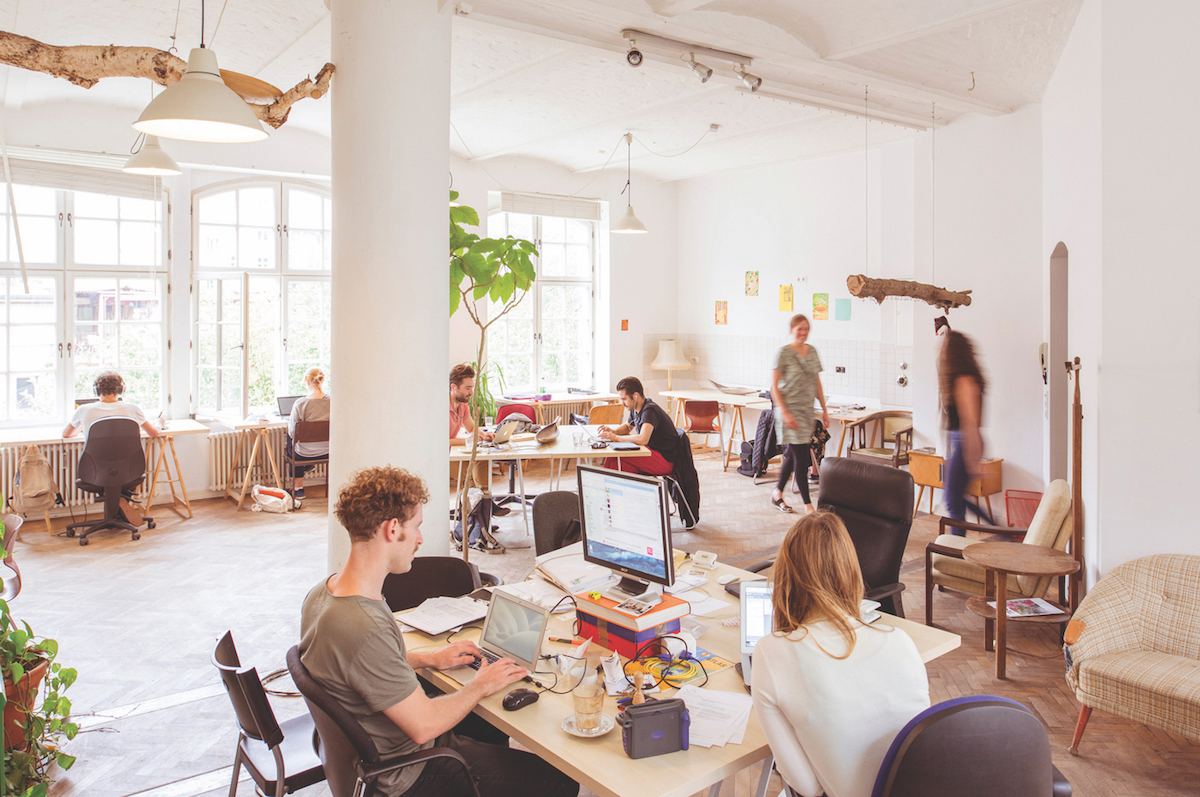
This beautiful site offers all you need to get on with the job, plus an event space, café, full kitchen, gym and showers.
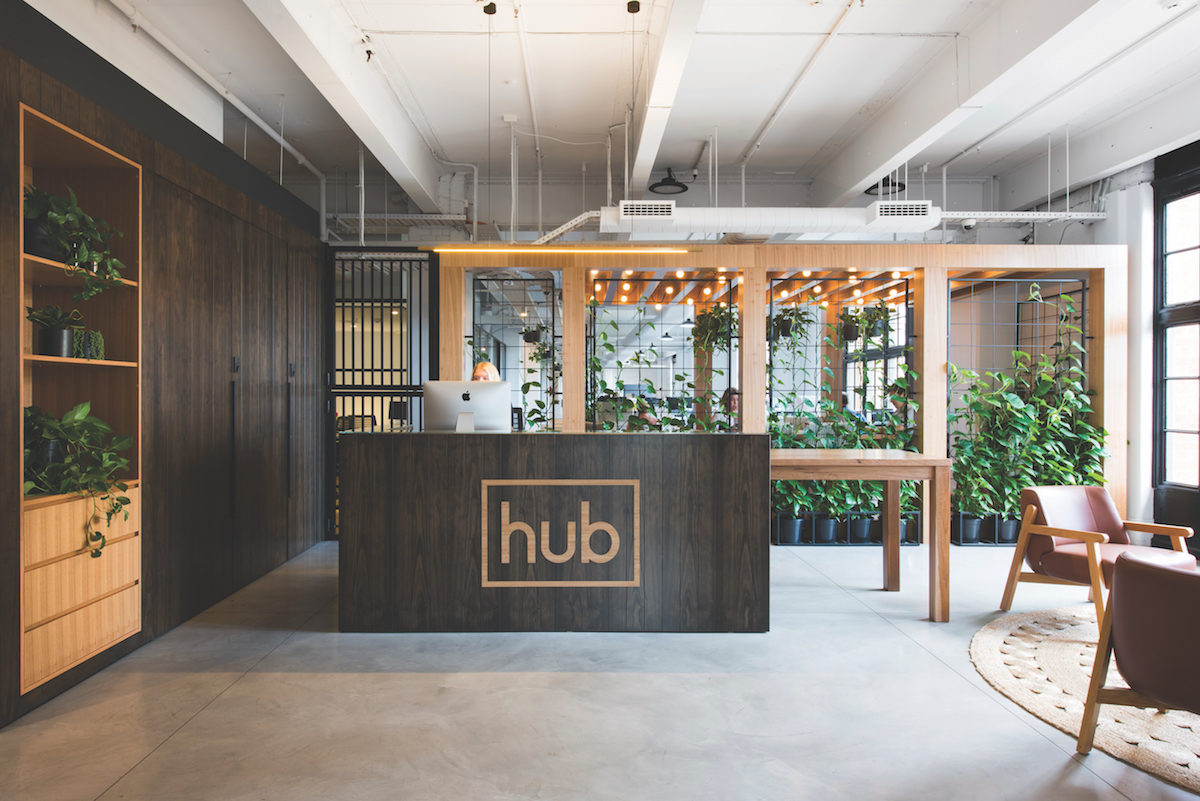
Loaded with features and views of the city’s pretty canals. Plenty of work-needed inclusions, plus a mother’s room, networking events, classes, fruit water and coffee.
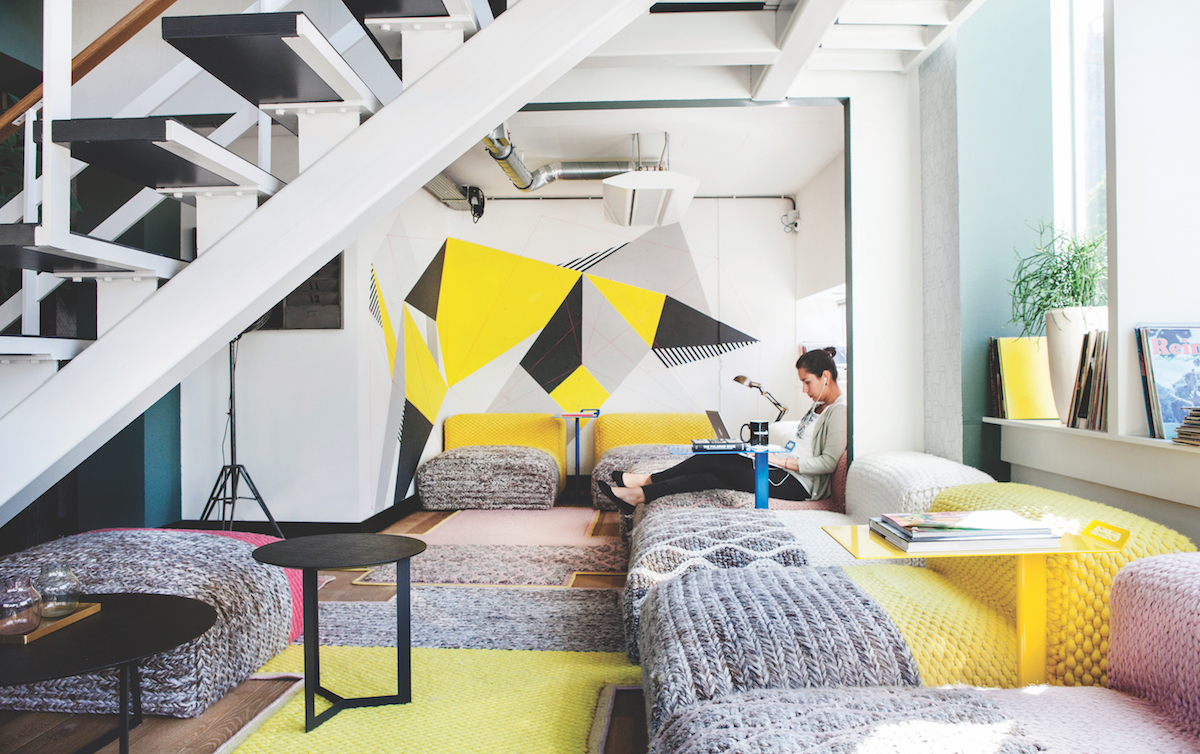
A bamboo-built, open-plan coworking space in tropical Bali with a strong sense of community, enticing island surrounds, all the office essentials and an organic café.
Raphael%20Olivier.jpg)


